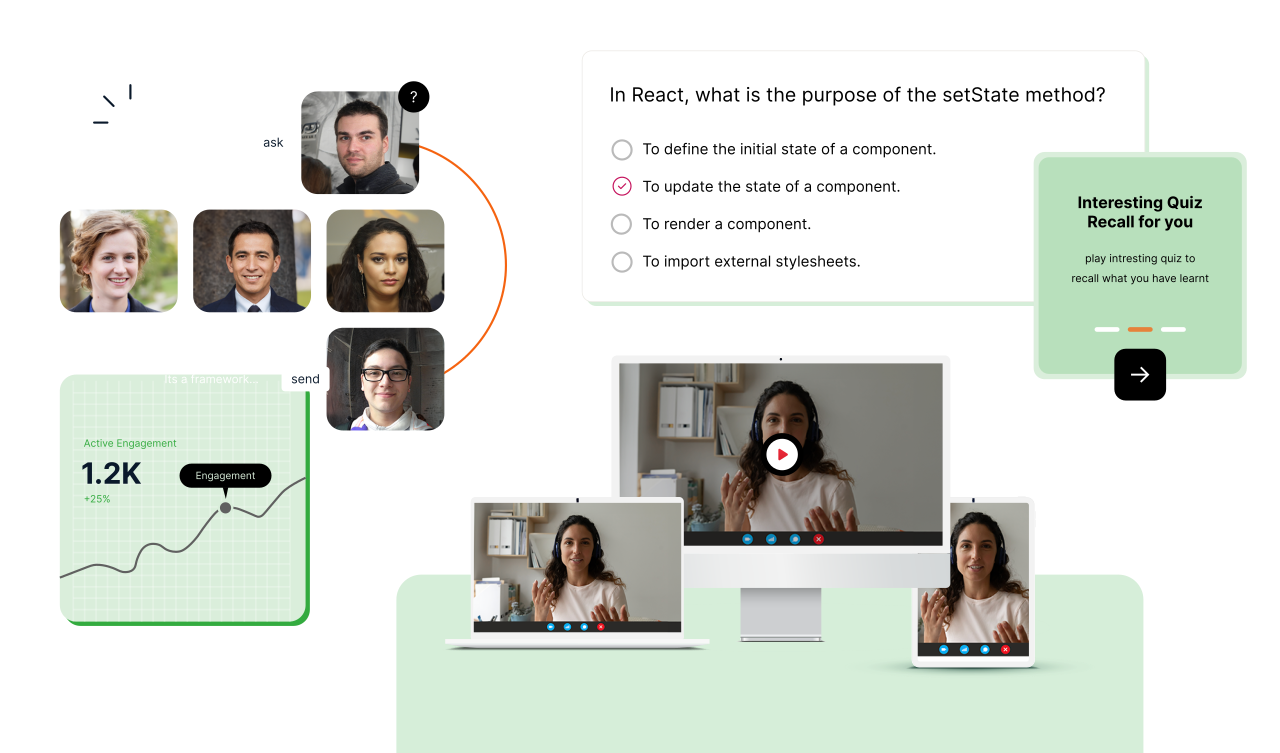Artificial Intelligence & machine Language Advanced Training


Why Artificial Intelligence ADVANCED training?
Whether you're a recent graduate, a professional seeking a career change, or someone looking to enhance your skillset, our intensive Artificial Intelligence Advanced Training can equip you with the knowledge and practical experience needed to thrive in this dynamic field.
Bootcamps offer intensive, focused training programs compared to traditional university degrees. You can gain practical skills and knowledge in a shorter timeframe, accelerating your entry into the AI field. pen_spark
Bootcamps prioritize hands-on learning through real-world projects and exercises. This practical approach allows you to solidify your understanding of AI concepts and apply them to solve specific problems.
AI bootcamps go beyond theory; they equip you with a well-rounded skillset spanning machine learning, deep learning, data analysis, and potentially areas like computer vision or natural language processing.
Bootcamps often feature instructors with real-world AI experience. You'll have the opportunity to learn from their expertise and gain valuable insights into the industry.
Throughout the bootcamp, you'll likely work on projects that showcase your newly acquired AI skills. This portfolio can be a valuable asset when applying for AI-related jobs.
Bootcamps foster a collaborative learning environment where you can connect with peers, share knowledge, and learn from each other's experiences.
Many bootcamps offer career services to help you navigate the job market. This might include resume and cover letter workshops, mock interviews, and assistance with job placement.
Compared to traditional university degrees, bootcamps can be a more cost-effective way to acquire in-demand AI skills.
Bootcamps often offer full-time, part-time, and even online options, making them suitable for individuals with busy schedules or those seeking remote learning opportunities.
Investing in AI skills can significantly enhance your career prospects. AI is expected to play a major role in various industries, and possessing these skills will make you a valuable asset to potential employers.

Artificial intelligence (AI) is no longer science fiction. It's rapidly transforming our world, from enabling voice assistants on our smartphones to powering self-driving cars. AI encompasses a range of sophisticated algorithms that allow machines to learn, reason, and mimic human intelligence to solve complex problems. As AI continues to evolve, it's poised to revolutionize numerous industries and create exciting new possibilities for the future.
That's where our comprehensive Artificial Intelligence Advanced Training comes in. This intensive program goes beyond theory, providing you with the practical tools and knowledge to give you benefits such as:
High-Demand Skills: Become equipped with highly sought-after skills in a rapidly growing field.
Career Advancement: Boost your resume and unlock exciting career opportunities in AI and related fields.
Problem-Solving Expertise: Develop critical thinking and problem-solving skills applicable to various domains.
Future-Proof Your Career: Prepare yourself for the future of work, where AI is expected to play a significant role.

Machine learning Advanced training CURRICULUM
Machine learning
Topics Covered:
Topics Covered:
Topics Covered:
Topics Covered:
Topics Covered:
Topics Covered:
Topics Covered:
Topics Covered:
Topics Covered:
Topics Covered:
Topics Covered:
Topics Covered:
Topics Covered:
Topics Covered:
Topics Covered:
Topics Covered:
Topics Covered:
Topics Covered:
Topics Covered:

Generative AI Advanced training CURRICULUM
Generative AI
Topics Covered:
Topics Covered:
Topics Covered:
Topics Covered:
Topics Covered:
Topics Covered:
Topics Covered:

The Clevera Advantage Unleashed

Book a Free Consultation Call!

Empower Your Workforce
By skilling up your workforce with the Artificial Intelligence Bootcamp, you not only future-proof your teams but also position your enterprise to thrive in the ever-evolving tech landscape.
Curated Technical Curriculum for Entry-Level Developers
Real-World Product Building Expertise
Customized Training Solutions Tailored to Business Needs
Get Teams Project-Ready from the Get-Go
Measure Skills Progress with Accurate Data
Immersive Learning with the Cloud Labs Features
Get a free training session and consulting to start your project or training today.

Connect With Us
Connect
REACH US
Registered in

Recognized by

Certified by

Approved by

THRIVE THROUGH CLEVERNESS